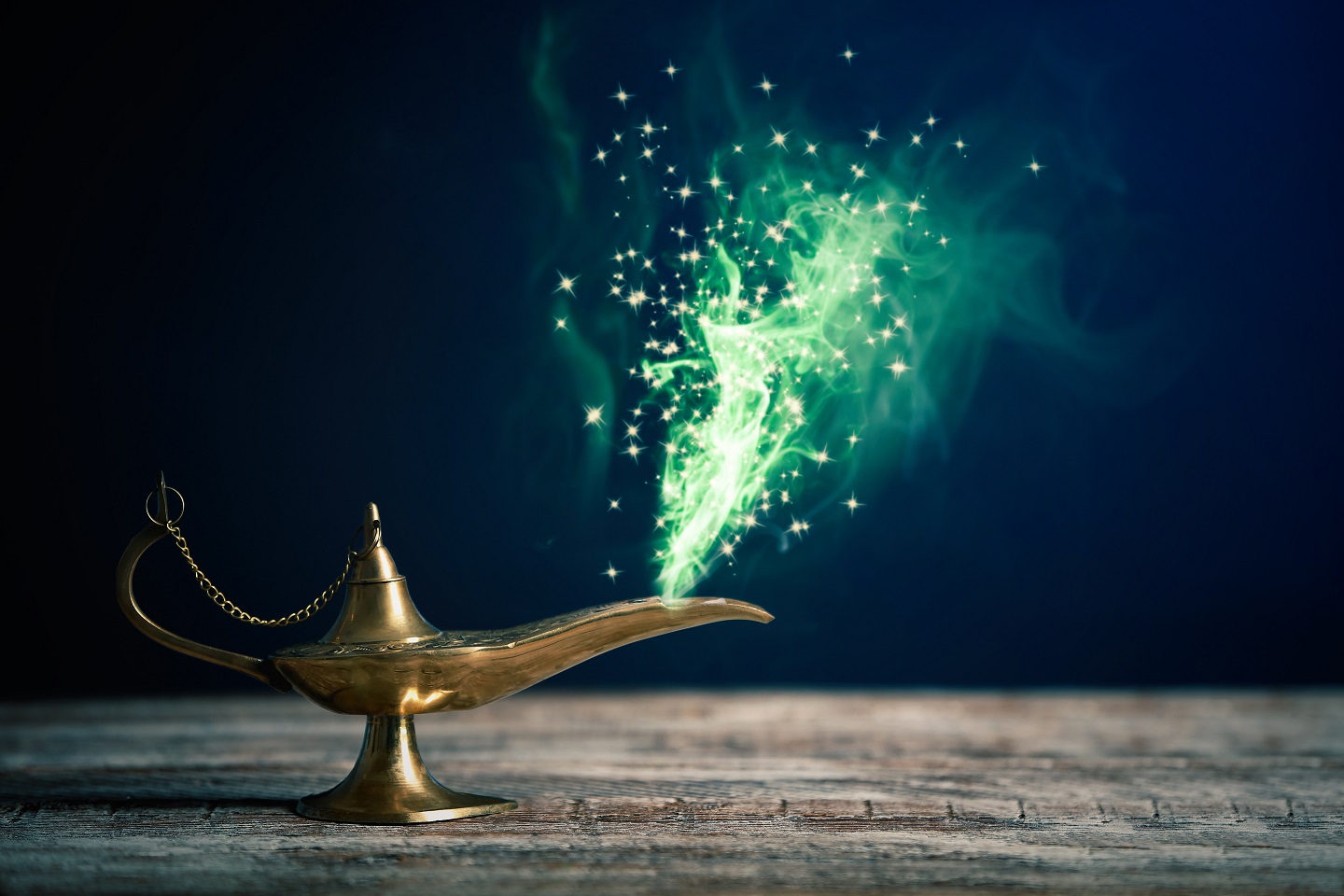Society
7.31.2020
Magic in Islam

At first glance, magic and the third monotheistic religion don’t seem to be friends. Yet the history of its territory is full of references to occult practices, blurring the boundaries between Islam and magic.
From pre-Islamic Arabia, to Islamic Golden Age and the Ottoman period, Arab-Muslim thought has been largely influenced by cults relating to magic and esoteric sciences. Beliefs which were disseminated both in popular circles and among the scientific elite and princes of the Umayyad and Abbasid courts.
The limit between the religious world and the supernatural seemed very blurred at the time. This could be observed with the appearance of certain sects such as the 13th century Sufis of present-day Turkey, but also in the Shiite Ismaili sects such as the Druze of Mount Lebanon.
Astrology was even integrated into the Muslim thought in a wider science including also medicine, philosophy or theology with thinkers such as the founders of Ismaili Shiism or Ibn Arabi (great thinker of Sufism) who recognized the existence of a subtle world superior to the terrestrial world that it was possible to access through the saints.
To know a little more, we met Mr Messaoud Boudjenoun, author of Islam and the mysteries of the supernatural world.

Mr Messaoud Boudjenoun, auteur du livre, “L’Islam et les mystères du monde surnaturel”.
What are the origins of magic and sorcery in Islam?
According to the Qur’an, which is the Sacred Book par excellence of Islam, magic and sorcery were taught to the inhabitants of ancient Babylon by the two fallen angels Harut and Marut as explained in verse 102 of the S2. It emerges from this verse that magic and sorcery are a counter initiation of diabolical origin as opposed to religious initiation which is of divine origin. If religion has as vocation to make men know the existence of God and the distinction between good and evil, magic knows no distinction between good and evil and its vocation is only to satisfy the desires and ambitions of men with supernatural and generally illegal occult forces. This is why the Qur’an critics strongly magic and sorcery, considering them as tools used by religions opponents to fight them.
What is the meaning of jinn and demons?
In the Muslim tradition, demons and jinns are creatures created from fire before mankind and living in a world parallel to ours. They live more than humans and enjoy greater powers, which allows them to see them without being seen and even to cover the forms they desire. Among them are believers and unbelievers, Muslims, Jews, Christians, in short all religions and doctrines. An entire sura of the Qur’an is devoted to the Jinn. Muslim tradition also says that magicians and soothsayers use demons and rebellious jinns in their evil deeds and in the knowledge of certain events related to the future that they sometimes predict to men.
When did the frontier between magic and religion come into being?
According to Muslim tradition, the border between magic and religion has always existed since religion is transcendental and magic is inferior. As the writer René Guénon (Editor’s note: French writer of the 19th century who researched about symbolism and metaphysics) rightly said: “… This is how magic is considered in all Eastern civilizations: it exists is a fact that cannot be disputed, but it is far from being held in honour, as Westerners too often imagine, who tend to lend their own tendencies and conceptions to others”. The two paths are at the antipodes of each other both in their principles and in their aims.

So how can you explain the situation of sects originating from Islam and practising esoteric rites as we can see in Sufism or with the Druzes?
If by esotericism we mean what is hidden and inside, what is called el bâtin in Islam, then religion indeed recognizes the existence of an infused science. But it is more an inner knowledge like the one told in a sura of the Koran through the meeting of El-Khidr and Moses. The Prophet of Islam, for his part, spoke of this esoteric science in several hadiths. He said: “Whoever works in accordance with what he has learned as a science, God will make him inherit a science that he did not possess”. It is this esoteric knowledge that comes directly from God, without learning, which the Sufis say they possess and pass on from generation to generation. Sufism has as its goal the knowledge of God and the journey to Him to extinction, while magic has another, more inferior goal. As for the Druze people, they have long since ceased to be in an orthodox Islamic perspective, and constitute a religion apart with its dogmas and rites.
What remains of this magical thinking in Islam today? It seems to have been totally repressed…
Magical thinking in Islam still exists to a greater or lesser extent in certain circles as well as in the countryside, although it no longer has the same attractions and influences as in the past as a result of modernity. However, it still resists in a secret way, since in recent times there have been several instances of talismans and charms accompanied by photos of men and women bearing inscriptions and magical signs buried in abandoned tombs during the cleaning of cemeteries.
What is the relationship between mysticism and magic in Islam?
Islam recognizes certain powers of magic, just as it recognizes the existence of thaumaturgical powers called “karamat”, gifts and miracles among the saints, and also the signs (ayat) for the Prophets. Islam makes a distinction between the powers of a magician, which are of an evil nature and serve to do evil, and the wonders of a saint, which are of a divine nature and serve to do good. This dichotomy between the power of magic and that of mysticism is told in a hadith of the Prophet (pbuh) found in the sahih, an authentic collection of Muslims.
popular

